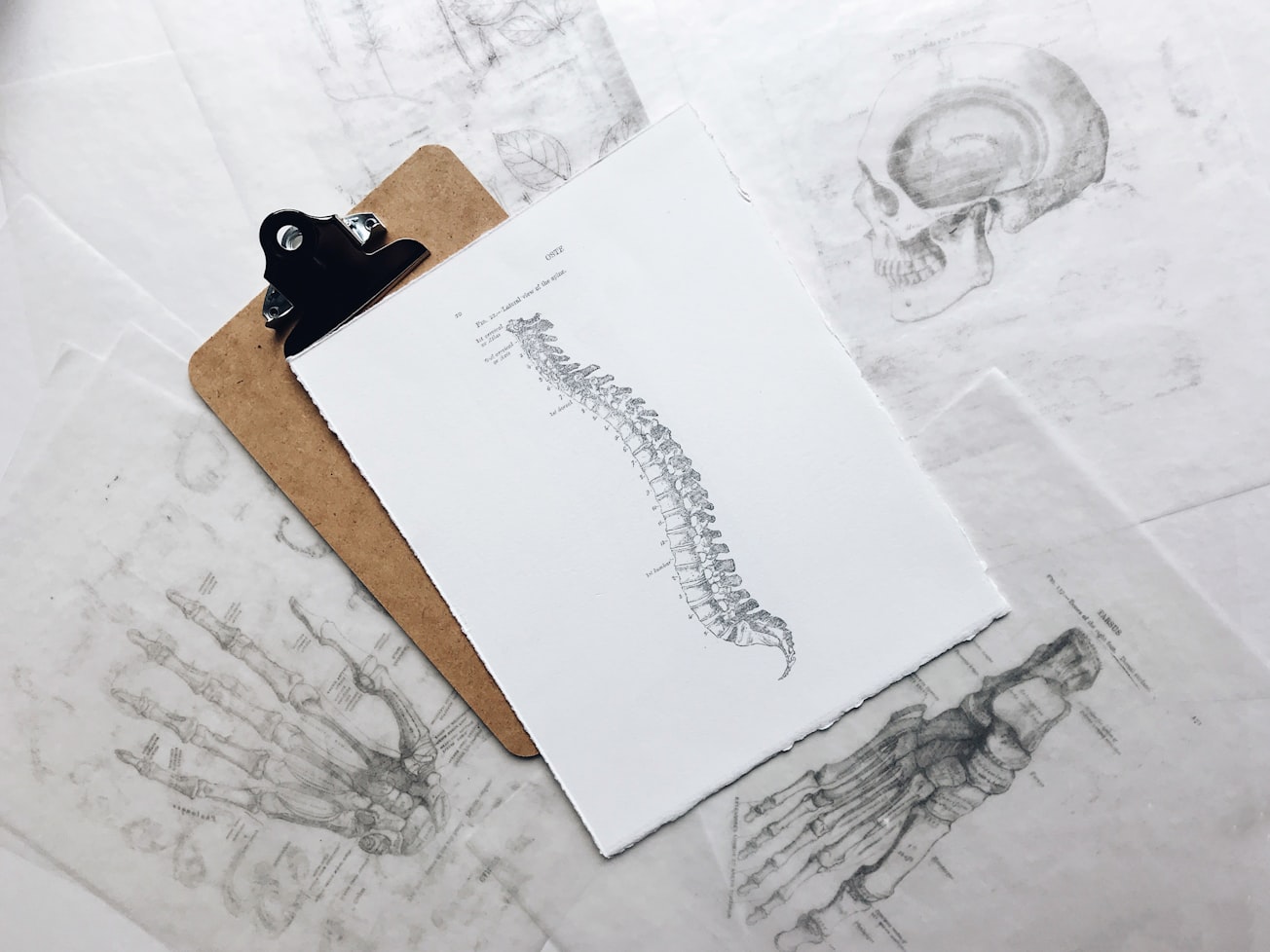What is it about?
Although the life-course concept of risk markers as potential etiological influences is well established in epidemiology, it has not featured in academic publications or clinical practice in the context of chronic widespread pain (CWP) and fibromyalgia syndrome (FMS). Studies of risk markers are required considerations for evaluation of patients and for research because there is no single cause, pathological feature, laboratory finding, or biomarker for CWP or FMS.
Featured Image

Photo by Joyce McCown on Unsplash
Why is it important?
The early-life risk markers identified by extensive literature review with best evidence for potential causal influence on the development and progression of CWP and FMS include genetic factors, premature birth, female sex, early childhood adversity, cognitive and psychosocial influences, impaired sleep, primary pain disorders, multiregional pain, physical trauma, infectious illness, obesity and inactivity, hypermobility of joints, iron deficiency, and small-fiber polyneuropathy.
Perspectives
The case history illustrates the potential etiological influence of multiple risk markers offset by personal resilience.
Dr Aidan Tan
University of Sydney
Read the Original
This page is a summary of: Chronic Widespread Pain and Fibromyalgia Syndrome: Life-Course Risk Markers in Young People, Pain Research and Management, May 2019, Hindawi Publishing Corporation,
DOI: 10.1155/2019/6584753.
You can read the full text:
Resources
Contributors
The following have contributed to this page







